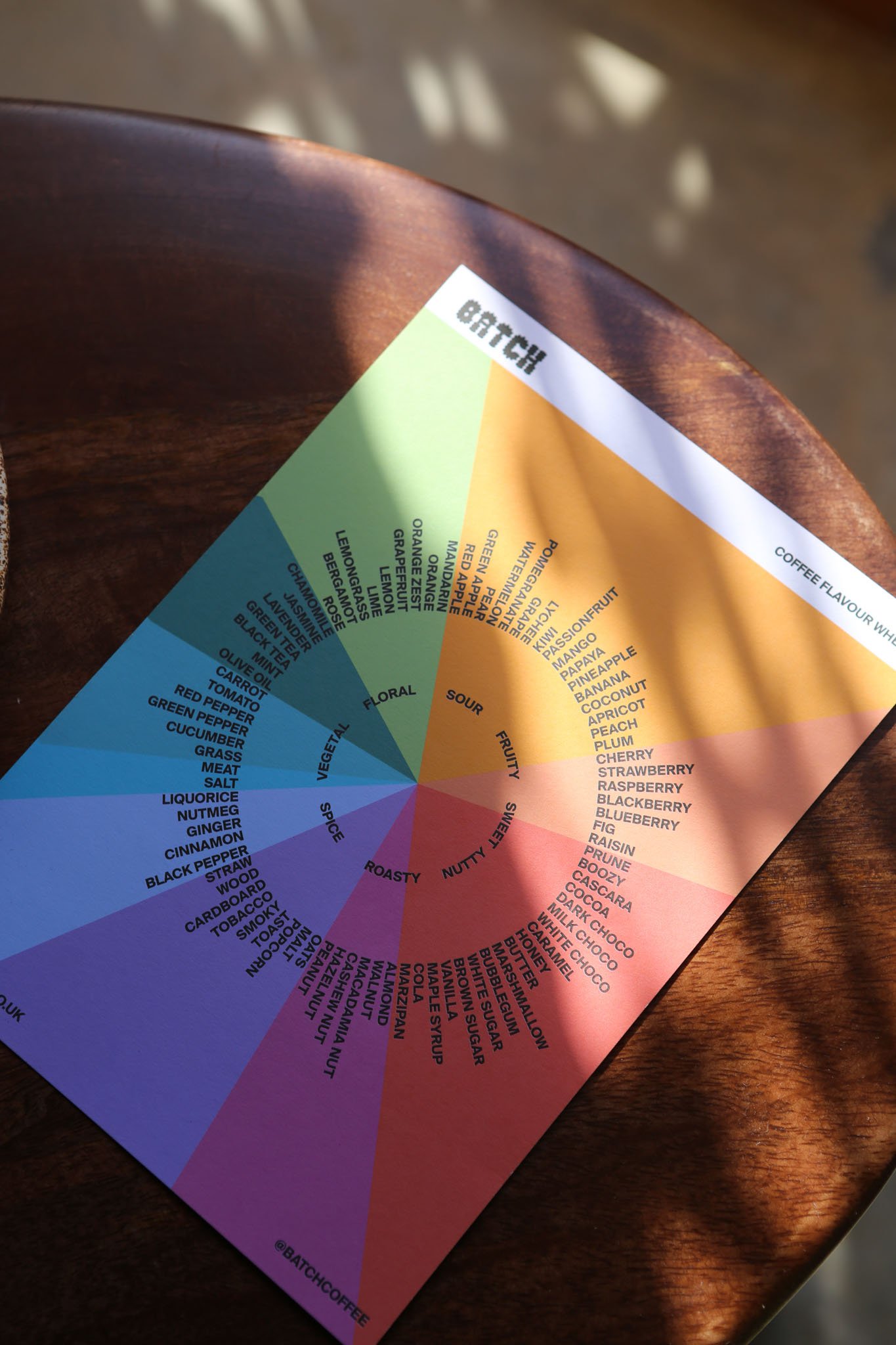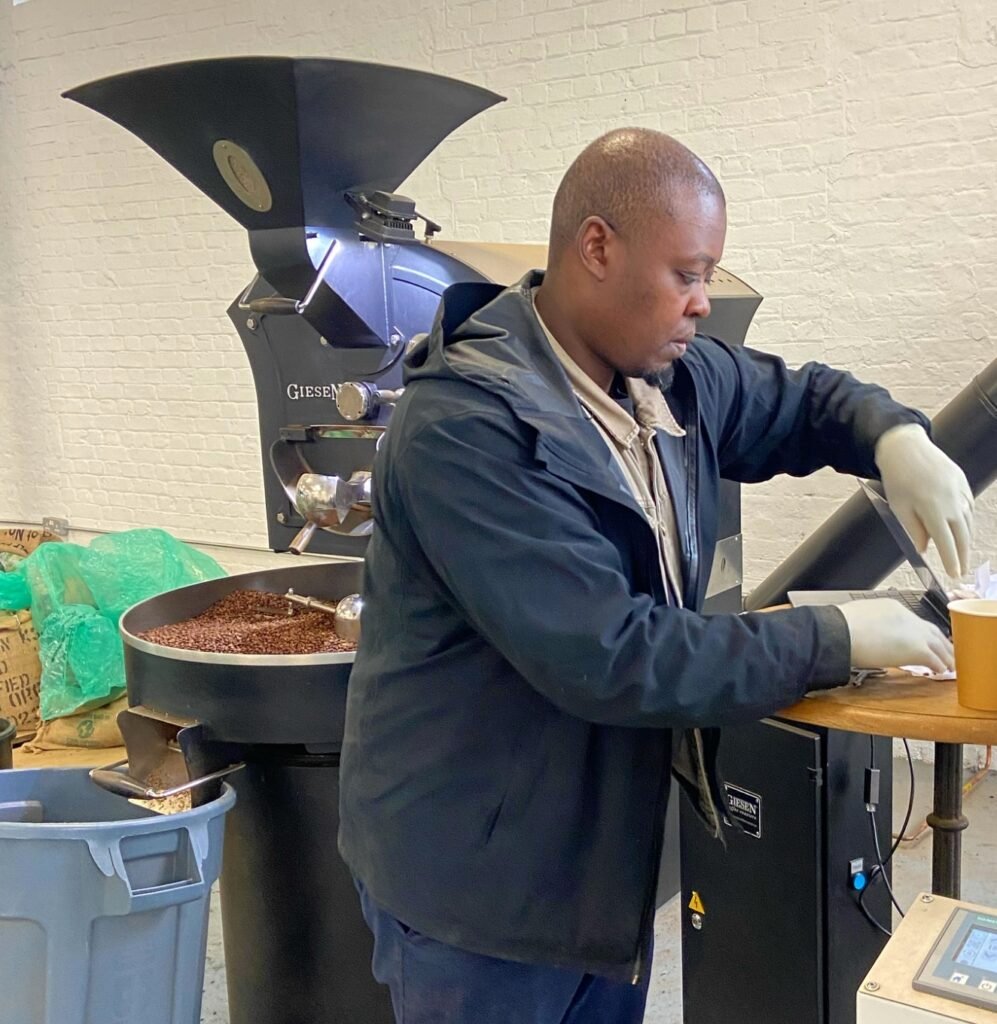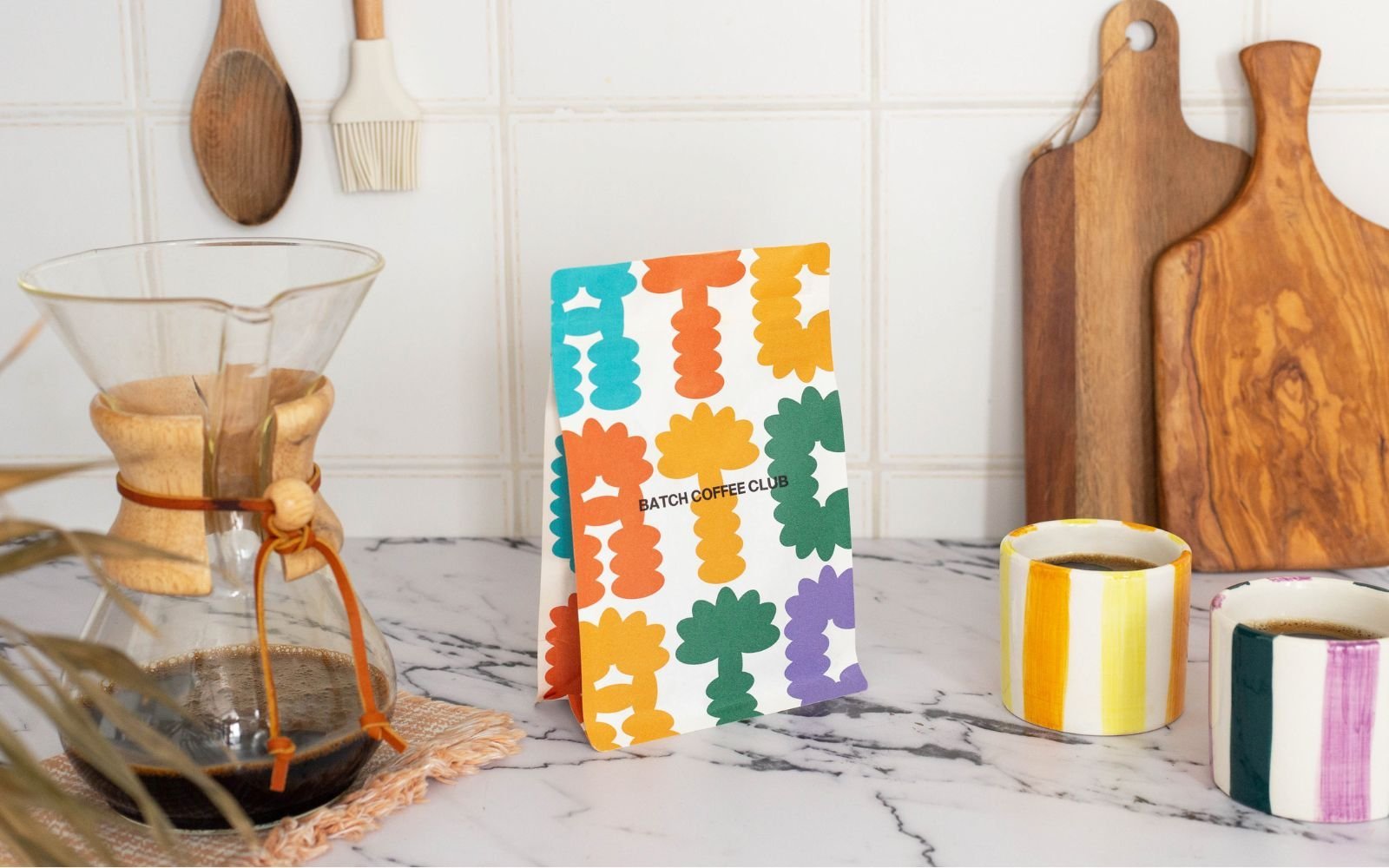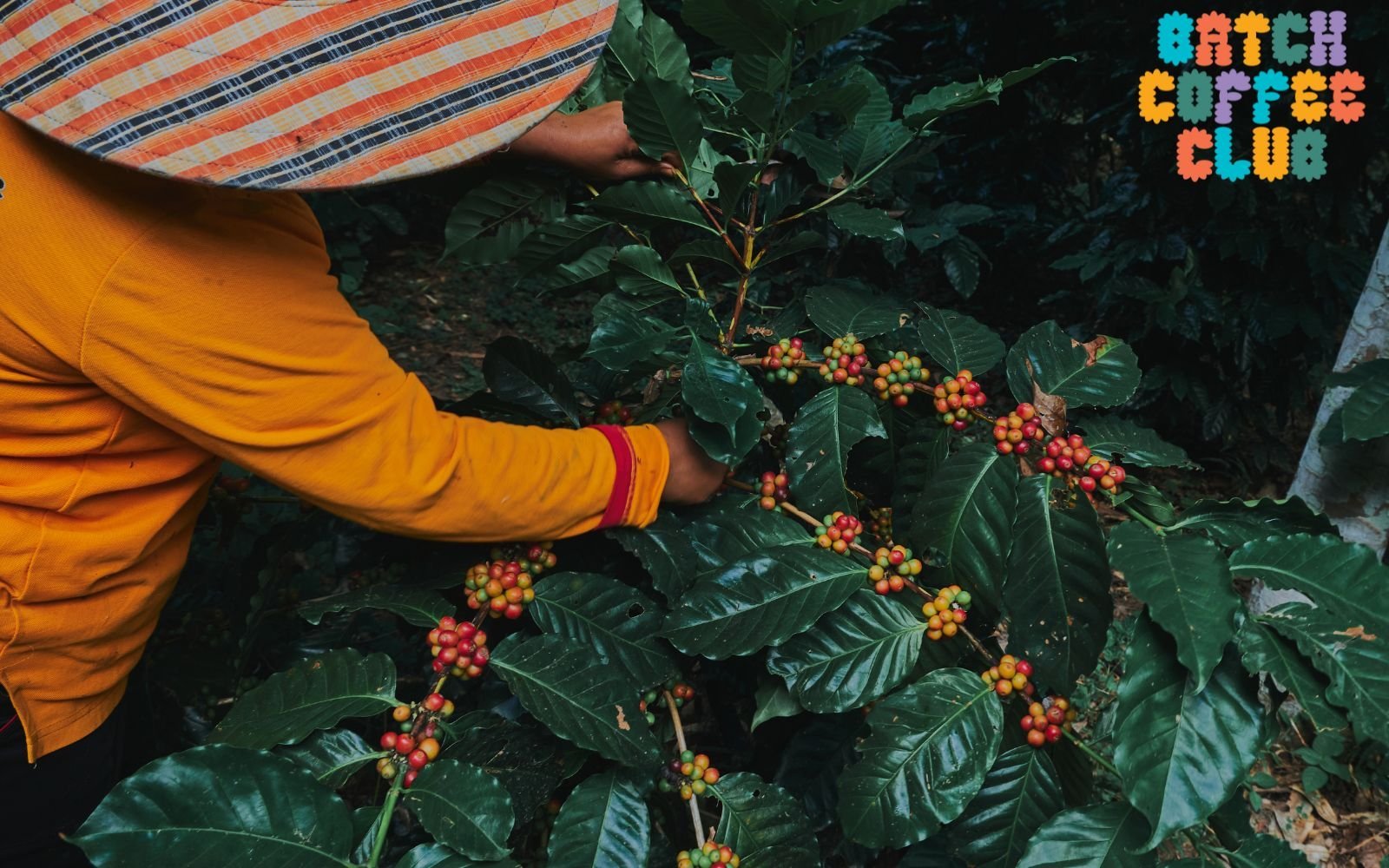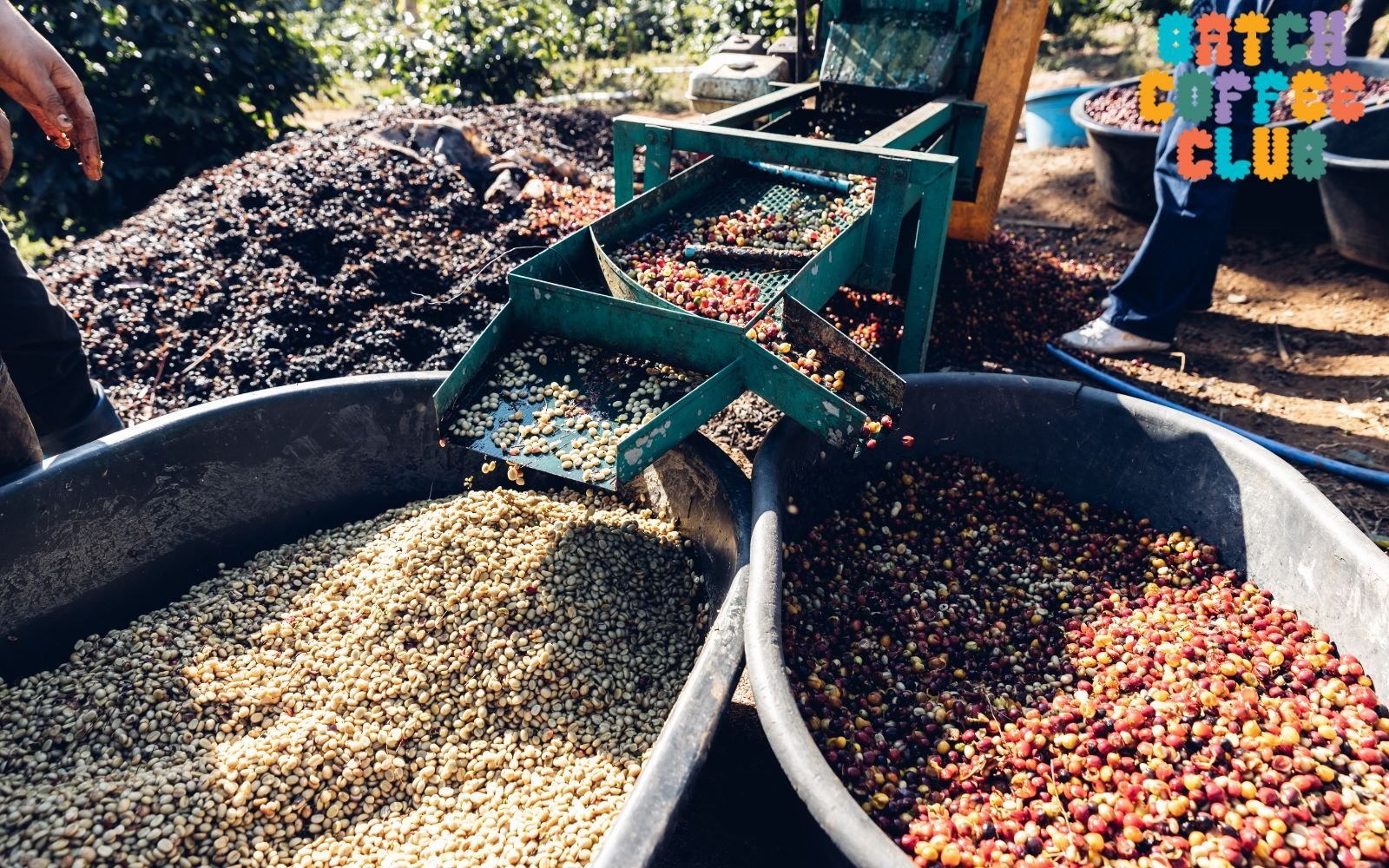Everything you need to know about speciality coffee.
Batch Coffee Club showcases the best specialty coffee in the UK in our specialty coffee subscription.
But what exactly is specialty coffee and why is it so good?
Specialty coffee is a term that hasn’t been around for too long and to be honest a l don’t think there are many people who would be able to define what it is without just ‘better quality coffee’.
So here is what the official accepted definition of specialty coffee is:
“A coffee that scores over 80 points out of 100 on the Specialty Coffee Association cupping form.”
This to the vast majority of people however is pretty irrelevant.
So here’s how I would describe specialty coffee:
Coffee that is classed as ‘Specialty’ is grown under a set of specific conditions and then harvested and processed in a certain way. The raw coffee at this stage is then roasted to best highlight the coffee’s natural flavour notes. So, specialty coffee is meticulously cared for from origin to cup which produces unique flavour profiles that can only be achieved under this level of control.
Let’s have a look at each part of the specialty coffee journey.
What Makes Coffee Speciality Coffee?
Specialty Coffee Origin
Coffee starts its life as a fruit on on a coffee plant. Firstly the coffee tree will flower and the flower turns into a fruit which is referred to a cherry. Inside each cherry there usually exists 2 seeds that are the raw form of a coffee bean.

